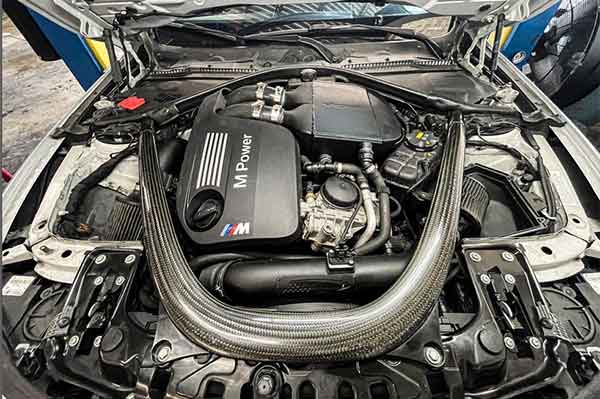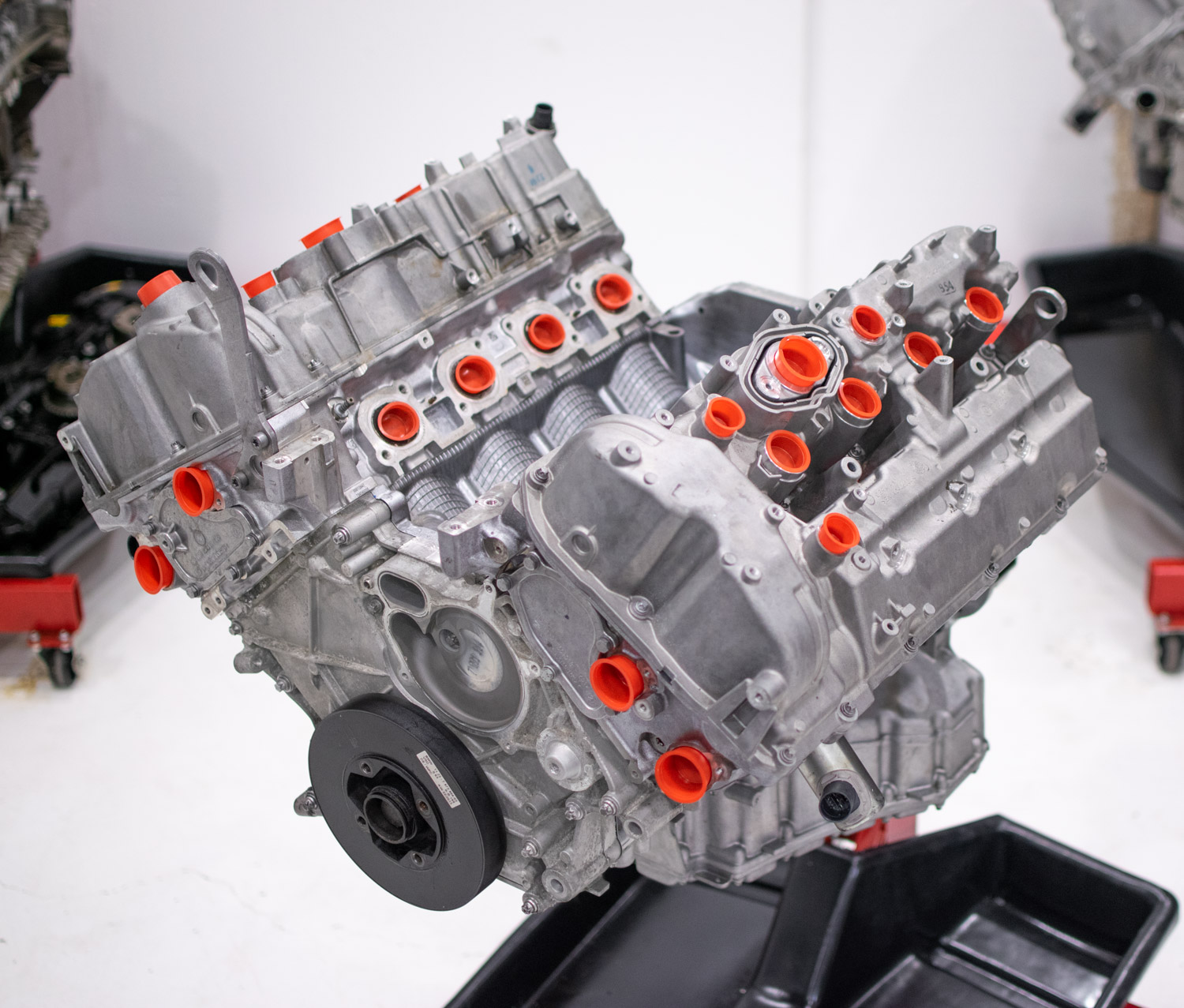Usual Concerns Encountered by BMW Engine Owners and Just How to Address Them
Usual Concerns Encountered by BMW Engine Owners and Just How to Address Them
Blog Article
Introducing the Intricacies of Next-Generation Power Units: a Deep Study Advanced Engine Styles and Developments
As we stand on the precipice of a new age in transportation, the details of next-generation engine styles bid us to check out the cutting-edge modern technologies and developments that assure to redefine the driving experience. Digging much deeper into the worlds of emission control, intelligent engine monitoring systems, and the horizon of power device development, we discover ourselves on the cusp of a transformation that guarantees to improve the landscape of movement as we recognize it.
Development of Engine Products

The shift towards advanced engine materials has actually additionally allowed engineers to develop engines with greater power results while keeping gas efficiency standards. As an example, using light-weight products minimizes the total weight of the engine, leading to improved fuel economy and lower emissions. Furthermore, innovations in products technology have allowed for better thermal management within engines, resulting in increased dependability and durability.
Turbocharging and Supercharging Technologies
Just How do Turbocharging and Supercharging Technologies change engine efficiency and effectiveness in modern-day cars? Supercharging and turbocharging are technologies that significantly boost engine efficiency by boosting the quantity of air intake into the burning chamber. Turbocharging achieves this by making use of a wind turbine driven by exhaust gases to pressurize the intake air, while turbo charging uses a belt- or chain-driven compressor to attain the exact same result.
These innovations enable smaller sized, more fuel-efficient engines to generate power equivalent to larger ones, called downsizing. By compeling more air into the cyndrical tubes, turbocharging and supercharging enhance burning efficiency, causing increased horse power and torque result without a considerable rise in engine size. This brings about better acceleration, lugging capacity, and general driving efficiency.
Furthermore, turbocharging and turbo charging add to improved fuel performance by permitting the use of smaller sized engines that consume less gas under regular driving conditions - bmw engine. This mix of enhanced performance and performance has made turbocharging and turbo charging indispensable elements of several modern engine layouts
Discharge Control and Environmental Impact
With raising worldwide concerns pertaining to air high quality and ecological sustainability, the implementation of exhaust control innovations in vehicles plays an important role in minimizing dangerous pollutants released into the environment. Modern cars are outfitted with sophisticated emission control systems that help reduce the environmental impact of automobile operations. Catalytic converters, for example, are made to transform poisonous gases such as carbon monoxide gas, nitrogen oxides, and hydrocarbons right into less hazardous substances like carbon dioxide and water vapor.
In addition, advancements in engine modern technology, such as the assimilation of exhaust gas recirculation systems and discerning catalytic decrease, have actually considerably added to decreasing emissions. These technologies operate in tandem to optimize burning performance and minimize the release of dangerous toxins into the air. In addition, the growth of crossbreed and electric vehicles stands for an important step towards minimizing the overall environmental footprint of the transportation field.
Intelligent Engine Monitoring Solution

Additionally, these systems allow vehicles to satisfy rigorous emissions standards without endangering performance, supplying a more eco-friendly driving experience. The assimilation of expert system and machine understanding abilities in engine administration systems proceeds to press the limits of what is possible, bring about additional improvements in efficiency, dependability, and general lorry performance. bmw engine. As vehicle modern technology breakthroughs, smart engine management systems will play an important duty in shaping the future of transport towards a more reliable and lasting instructions
Future Trends in Power Device Development
As smart engine monitoring systems pave the method for improved control and optimization in modern vehicles, future trends in power device growth are positioned to redefine the landscape of vehicle propulsion innovations. These alternate power sources offer boosted performance and efficiency while lining up with strict environmental laws.
An additional considerable trend is the assimilation of innovative materials and manufacturing strategies. Light-weight materials such as carbon fiber and light weight aluminum are being made use of check here to decrease overall lorry weight, improving fuel efficiency and efficiency. Furthermore, improvements in 3D printing and additive manufacturing are enabling the manufacturing of complicated engine elements with greater precision and resilience.
Furthermore, fabricated knowledge and maker learning are playing an essential duty in optimizing power unit efficiency. These innovations permit for real-time tracking and adaptive control, causing more reliable and efficient power delivery. In general, future fads in power system growth are geared in the direction of performance, effectiveness, and sustainability, driving the auto industry towards a new period of propulsion technologies.

Conclusion
In verdict, the improvements in engine materials, turbocharging, discharge control, and smart administration systems have actually led the way for next-generation power systems. These advancements have not just improved efficiency and performance however likewise reduced environmental influence. As technology proceeds to advance, future fads in power unit advancement are most likely to concentrate on additional boosting sustainability and maximizing power result. The complex designs and innovations in modern-day engines display the continuous evolution of auto modern technology.
Exploring the modern developments in engine materials has been essential in enhancing helpful site the efficiency and effectiveness of contemporary engines. Over the years, the advancement of engine products has played a crucial function in pressing the borders of what engines can attain.The change in the direction of advanced engine materials has additionally made it possible for engineers to make engines with higher power outcomes while keeping fuel performance requirements.The application of intelligent engine administration systems in modern vehicles has actually transformed the way engines are regulated and maximized for performance and effectiveness. By collecting information in real-time and examining it with advanced algorithms, smart engine management systems can adjust to driving styles, environmental variables, and engine health and wellness to maximize power result while decreasing fuel intake and emissions.
Report this page